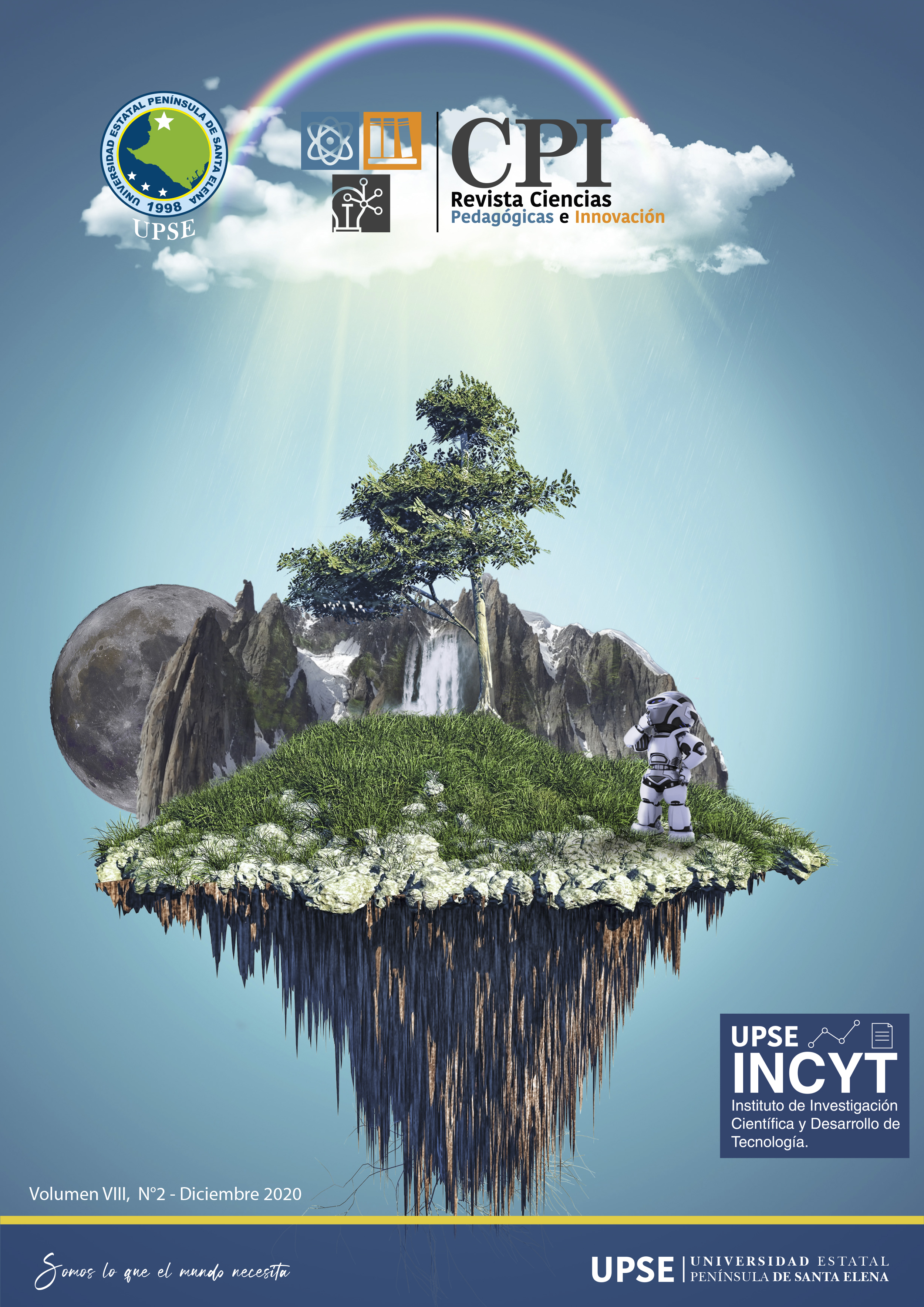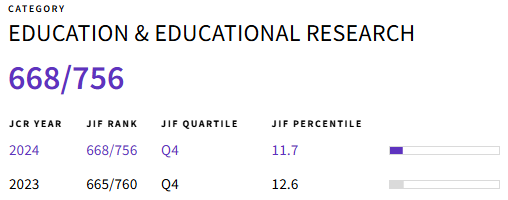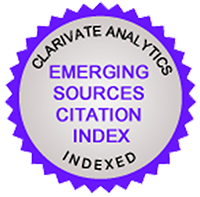Relationship between labor commitment and ethical values in university workers of the Santo Domingo canton
DOI:
https://doi.org/10.26423/rcpi.v8i2.338Keywords:
Compromiso trabajo, valores éticos, congruencia valores, cultura organizacional, universidadAbstract
The study of ethical values and the engagement of employment are of great importance for organizational relationships, as these allow the interaction of people in a systematic way. Based on this context, the present research was conducted in three universities of the canton Santo Domingo, with the purpose of determining if the values that make up the organizational culture correlated with behaviors and attitudes that determine the commitment of people with their institution. The variables were obtained from two standardized questionnaires that were for the purpose of identifying the congruence of organizational values (questionnaire APO) and engagement with the work (questionnaire UWES). The measurement of the items is made in scale of likers with seven response options. For the correlation of the different variables, handled the parametric test of correlation for sorted data of Pearson. Partial correlations were also conducted to demonstrate whether the study variables are conditioned, or modulated by the variables demographic partner age and years of continuous work. It is concluded that there is a high rate of consistency and engagement and that the majority of the dimensions of these variables correlated among themselves. This implies that these educational institutions not only promote the values that identify, but that are rooted in the conduct of its staff demonstrating a greater level of commitment with your institution.
Downloads
References
Airila, A., Hakanen, J. J., Schaufeli, W. B., Luukkonen, R., Punsksllio, A., & Lusa, S. (2014). Are job and personal resources associated with work ability 10 years later? The mediating role of work compromiso. Work & Stress, 28(April), 87–105. Retrieved from http://dx.doi.org/10.1080/02678373.2013.872208.
Asamblea Constituyente. (2008). Constitución de la República del Ecuador. Registro Oficial - Órgano Del Gobierno Del Ecuador, 218 Pages. http://doi.org/10.1515/9783110298703.37
Berríos-Valenzuela, L., & Buxarrais-Estrada, M. R. (2013). Educación en valores: análisis sobre las expectativas y los valores de los adolescentes. (Spanish). Education in Values: An Analysis of Expectations and Values among Teenagers. (English), 16(2), 244–264. Retrieved from http://search.ebscohost.com/login.aspx?direct=true&db=ehh&AN=91663753&lang=es&site=ehost-live
Grueso-Hinestroza, M. P., Rey-Sarmiento, C. F., González-Rodríguez, J. L., Ardila-Becerra, A., & Pineda-Castro, C. (2013). Acciones de promoción de la salud organizacional y su relación con variables estructurales y el bienestar de los trabajadores: Análisis desde un modelo de organizaciones saludables. Informes Psicológicos, 13(2), 59-78.
Grueso-Hinestroza, M. (2014). Valores de la cultura organizacional y su relación con el compromiso de los empleados: Estudio exploratorio en una organización de salud. Invest. Pens. Crit, 2(3), 77–91.
Martínez, S. T., & Mayo, I. C. (2016). La satisfacción laboral y profesional de los profesores. Revista Lasallista de Investigación, 13(1).
Mejía Quishpe, S. P. (2016). Validación para Ecuador del inventario APO para medir la articulación entre persona y organización (Doctoral dissertation, Quito, 2016).
Ramos, V., Jordão, F., & Morais, T. (2012). Desarrollo y Validación del Inventario para Medir la Articulación entre la Persona y la Organización (Inventario APO). Evaluar, ISSN 1667-4545, 13.
Ramos Hernando, C., & Martínez Agut, M. P. (2013). Educar en valores desde la familia. La Crisis Social Y El Estado Del Bienestar: Las Respuestas de La Pedagogía Social, 543–547. Retrieved from http://dialnet.unirioja.es/servlet/articulo?codigo=4504520
Rodríguez Castellanos, C. R., & Romo Rojas, L. (2013). Relación entre cultura y valores organizacionales. Conciencia Tecnológica, 45(45), 12–17. Retrieved from http://dialnet.unirioja.es/servlet/articulo?codigo=4425550&info=resumen&idioma=ENG
Sampieri, R. H., Valencia, S. M., & Soto, R. C. (2014). Construcción de un instrumento para medir el clima organizacional en función del modelo de los valores en competencia. Contaduría y administración, 59(1), 229-257
Salanova Soria, M., & Schaufeli, W. (2004). El engagement de los empleados: Un reto emergente para la Dirección de Recursos Humanos. Estudios Financieros, 115-116.
Spontón, C., Medrano, L. A., Maffei, L., Spontón, M., & Castellano, E. (2012). Validación del cuestionario de Compromiso UWES a la población de trabajadores de Córdoba, Argentina. Liberabit, 18(2), 147-154.
Ortega-Álvarez, F., Núñez-Hergueta, E., Molero, D., & Torres-González, J. A. (2017). Diversidad emocional y satisfacción vital en futuros docentes. Revista de Educación Inclusiva, 8(3).
Downloads
Published
Issue
Section
License
El titular de los derechos de autor de la obra, otorga derechos de uso a los lectores mediante la licencia Creative Commons Atribución-NoComercial-CompartirIgual 4.0 Internacional. Esto permite el acceso gratuito inmediato a la obra y permite a cualquier usuario leer, descargar, copiar, distribuir, imprimir, buscar o vincular a los textos completos de los artículos, rastrearlos para su indexación, pasarlos como datos al software o usarlos para cualquier otro propósito legal.
Cuando la obra es aprobada y aceptada para su publicación, los autores conservan los derechos de autor sin restricciones, cediendo únicamente los derechos de reproducción, distribución para su explotación en formato de papel, así como en cualquier otro soporte magnético, óptico y digital.

















